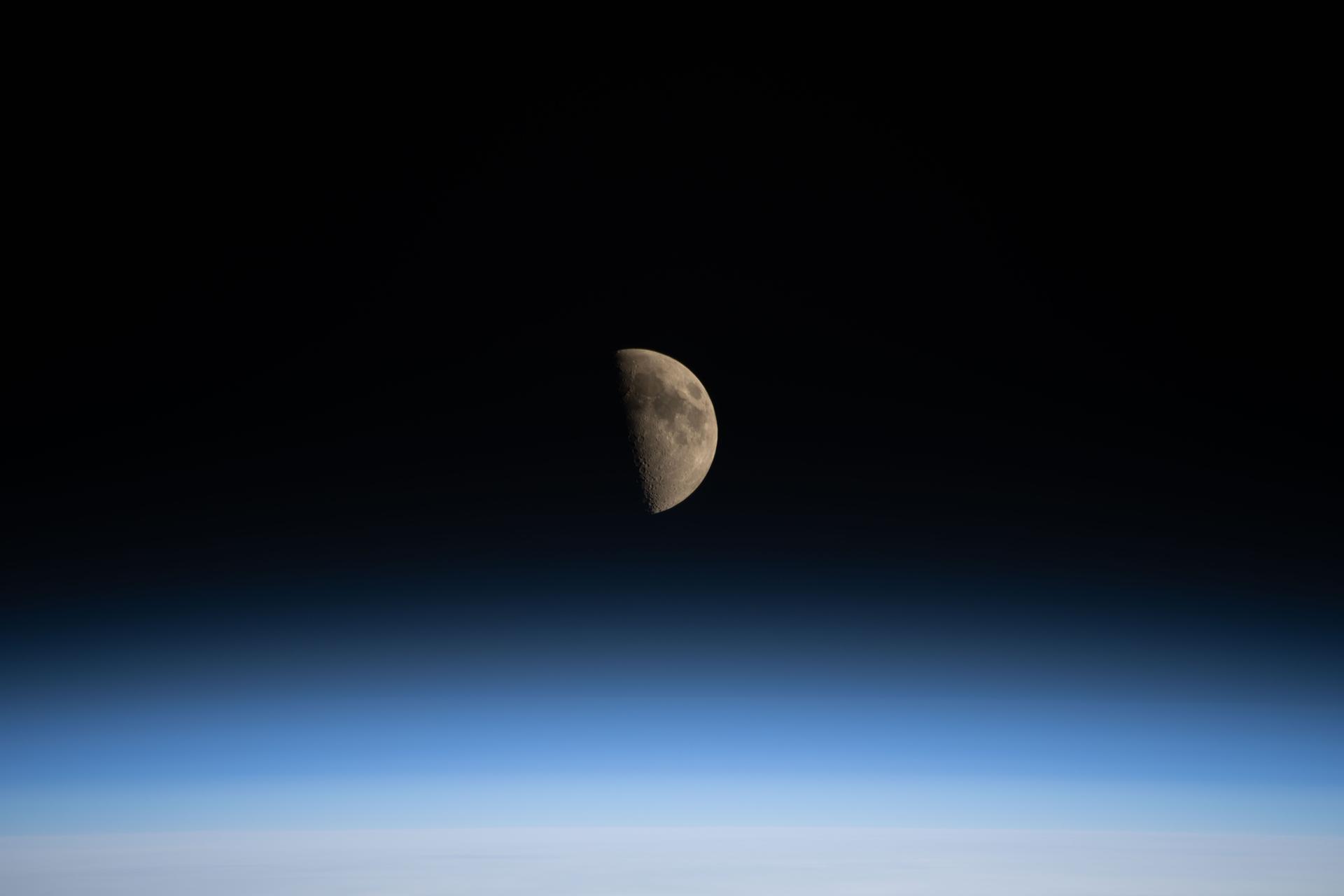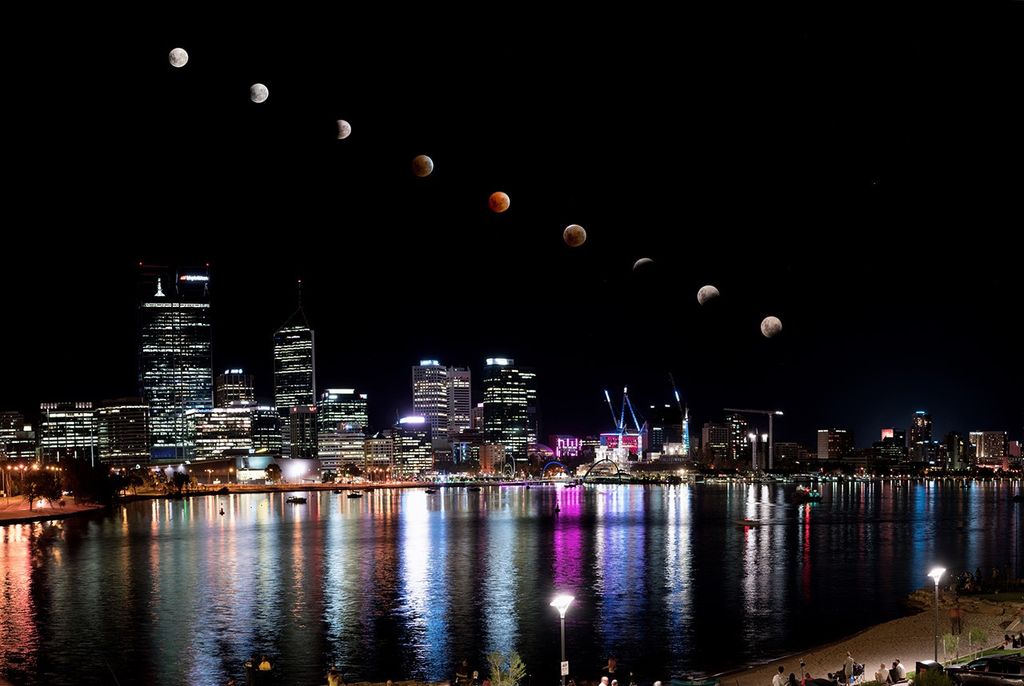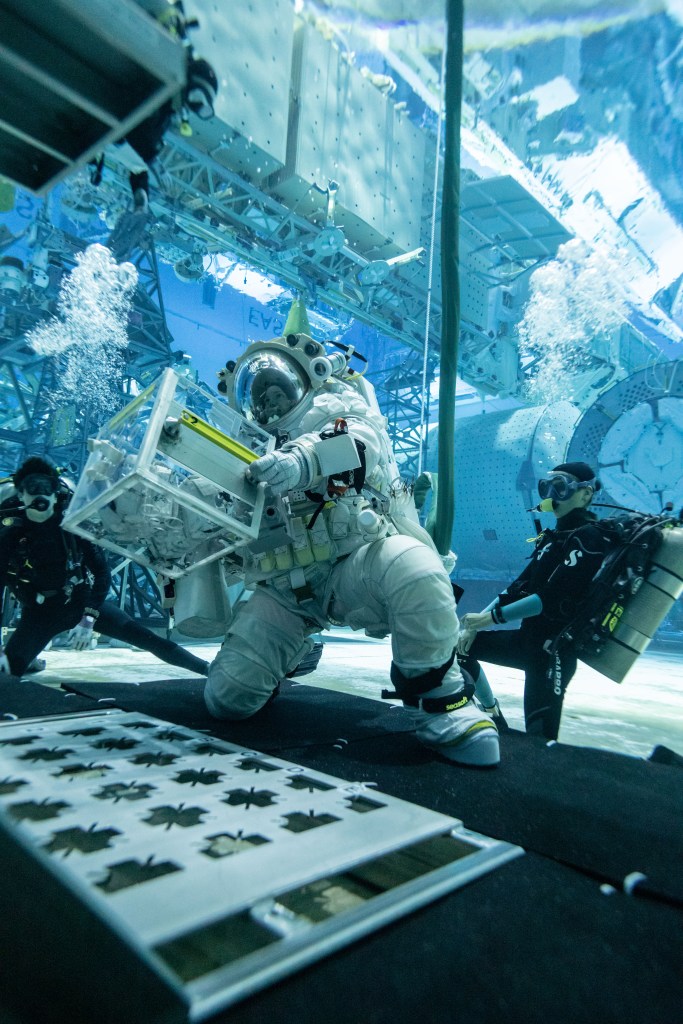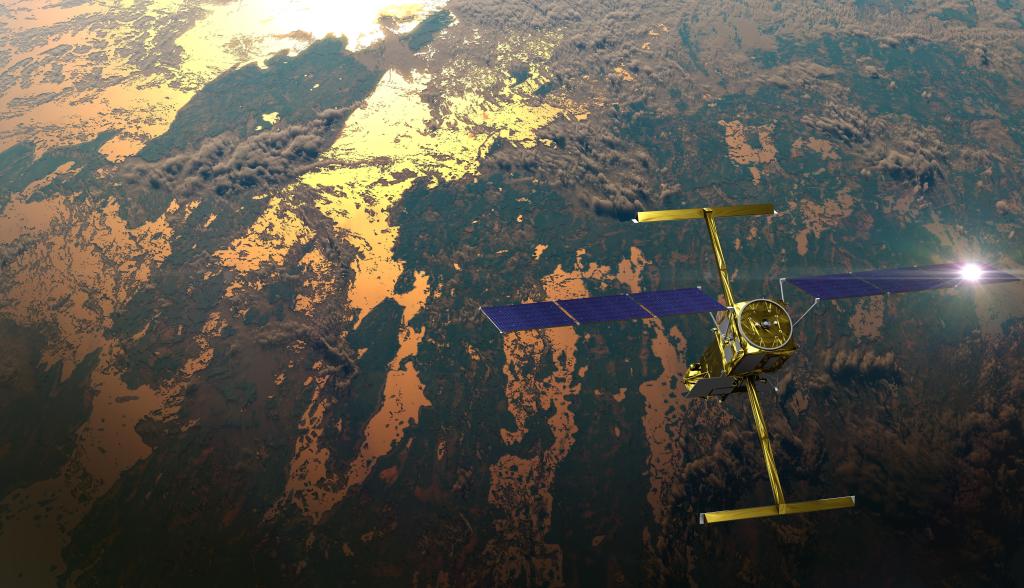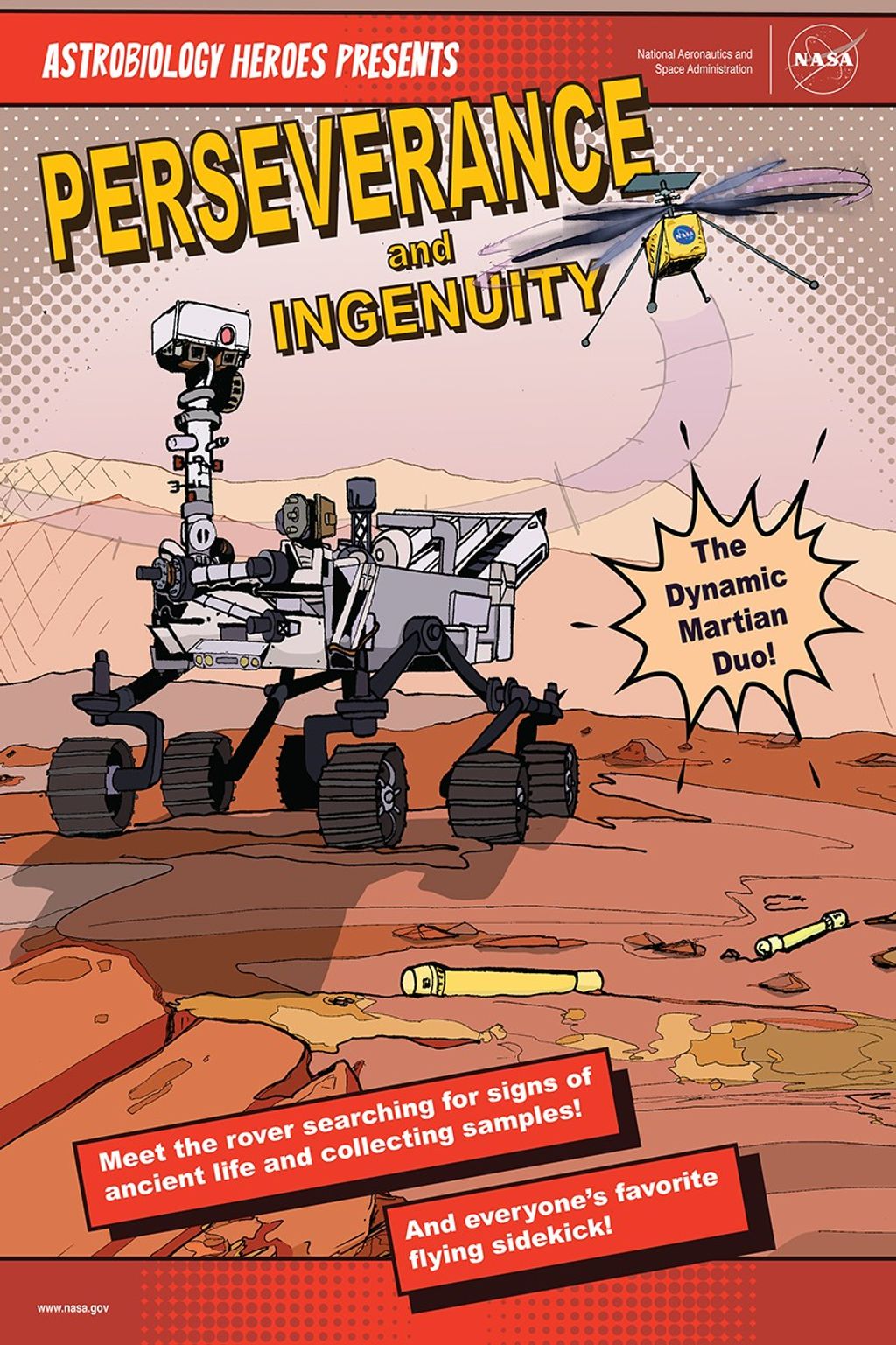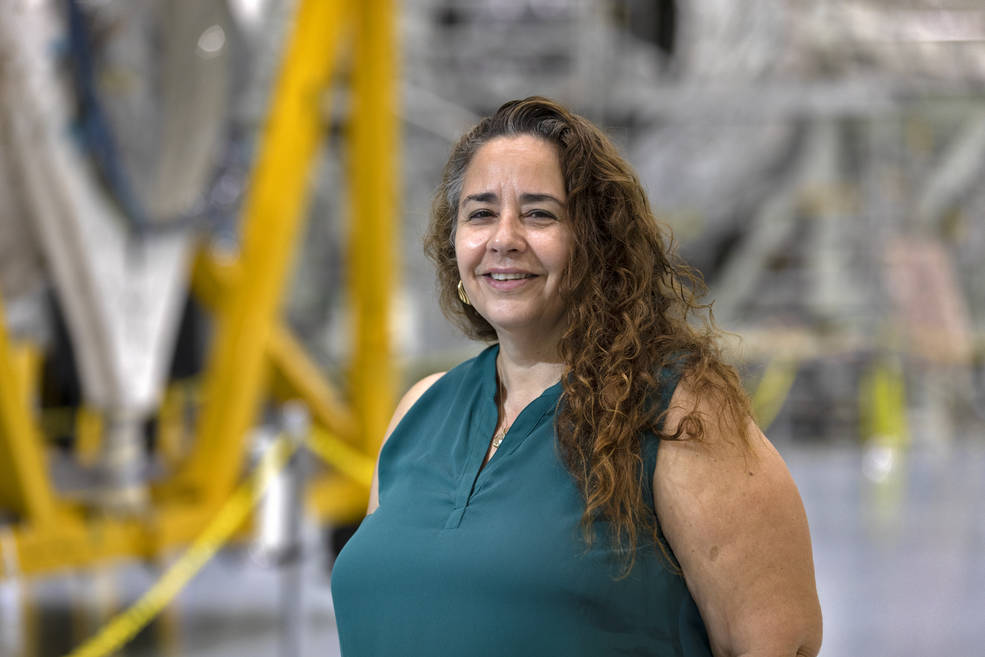Please explain your job in a single sentence.
I am the chief of the mission and support office for Exploration Research and Technology Programs, which provides workspaces at Kennedy Space Center and support with payload and supplies to the International Space Station missions and commercial partners.
What do you find most exciting about your job?
There is never a dull moment. There may be something going on with flight hardware, or a facility problem that impacts a payload or a lab. There is now all the Gateway and Lunar planning and preparation going on. Kennedy Space Center is a hopping place with all sorts of different missions being planned, prepared for and worked for the pre- and post-flight phases.
What is a typical day like for you?
Since I’m the chief of the office, I am mainly in the meetings supporting the teams who really do the work in my office. Every once in a while they will let me go in and see what’s going on so I understand and can back them up with management in whatever way I can. My job is to help the folks able to do the real work.
Was the work you did your first month at NASA anything like your current work?
No, not even close. My first month at NASA was getting to know the space shuttle intimately. There were no computers at every desk or emails to respond to, and I was much happier working on/with hardware.
What is your educational background and why did you choose to study those areas?
My bachelor’s is in aerospace engineering, and I chose it because I’ve always loved airplanes. The shuttle struck me as the ultimate air/space plane and fascinated me from its initial public rollout. When I received a call asking if I’d mind crawling all over the space shuttle, I thought I’d won the lottery. Now I’ve had the opportunity to work on several crewed space flight programs, and I wouldn’t change my career for the world.
How do the era and place in which you grew up shape how you approach your work?
I am the product of the 1960’s view of air travel and watching the Moon and Skylab missions. I also was an airline brat. Travel on Earth and into space was the norm. I was taught to be open to new thoughts, new foods, other people’s way of living and doing things. I hope that my answer will never be “because we always do it that way.” If there is a new, different, improved way of doing things, let’s go. Take the next leap.
What motivated you to want to work for NASA?
It’s NASA. Growing up during the Apollo era, there were no smarter people, no better way of doing things, no other place that improved the world like the people who worked for NASA. To work at NASA was to go to the top of the pile, and to be honest, until that one phone call, I didn’t think I would ever get to work for NASA.
Why does conducting research and developing new technology matter to you?
If there is a better, less expensive way to do work and a way that will improve safety, it is for the best for all of us.
How do you think your NASA research or the agency as a whole benefits people on Earth?
NASA is required to give back, so that everyone can reap benefits, but some benefits are not so obvious to the general public. I’ve worked on the Hubble shuttle missions, Earth science missions, and helped with studies for an ultrasonic leak detector. I’ve been blessed to see how these things, among others, have made impacts on the world. I can see how NASA has made things on Earth better for everyone in both small and big ways.
Do you have any advice for people trying to foster innovation in the workplace?
No idea for improvement is too small to put forward.

